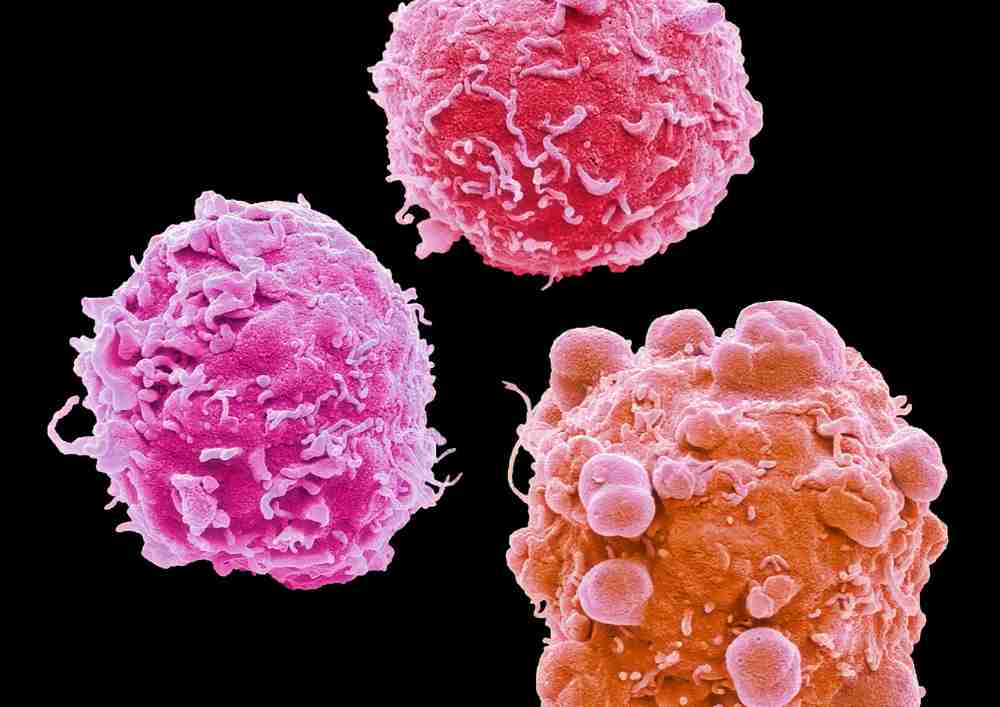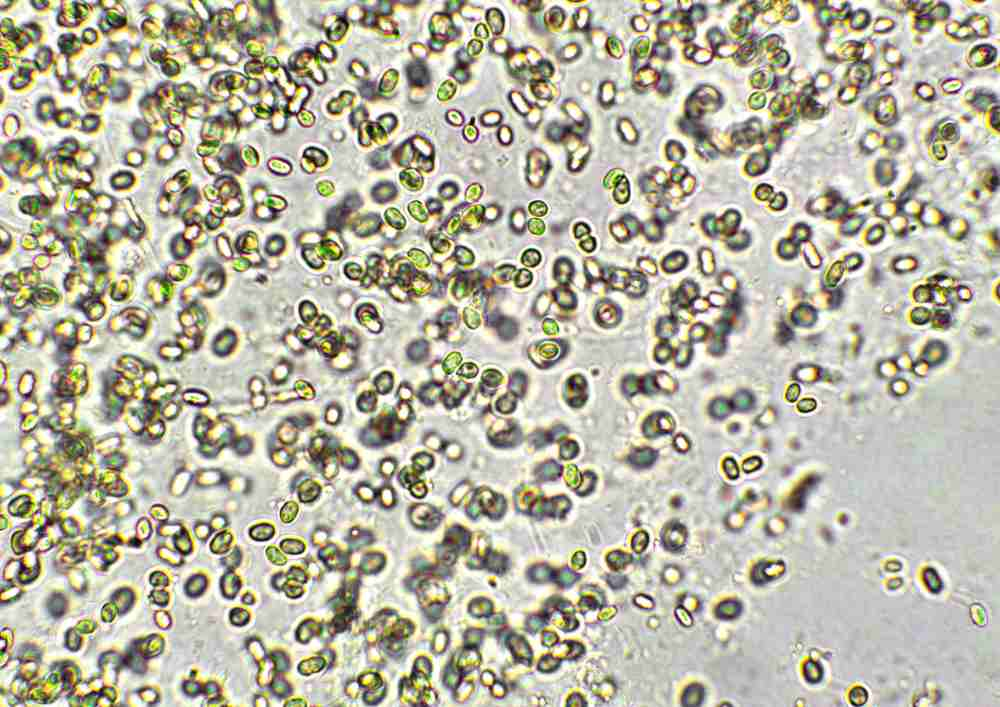Genetics, Genomics and Cancer Biology
Understand inner workings of cell growth and signalling that leads to tumors.
The Nobel Prize in Chemistry 2020 was awarded jointly to Emmanuelle Charpentier and Jennifer A. Doudna for the development of a method for genome editing.
Curriculum: Course Code: AT-011
Highlights
- •Learn recent advances in biotechnology that have genetic implications (Genetic engineering technology as CRISPR)
- •Learn about the relation between genetic mutations and affected biological pathways
- •Correct genetic mutations using gene therapy and stem cell therapeutics
- •Mechanistic insights leading to improved Anti-cancer therapy.
- •What is resistance and why is cancer still largely incurable?
Learn topics & technologies like
- •Introduction to Genetics
- •Genomics, Big data, and Health Informatics
- •Genome editing and CRISPER
- •Cancer Biology
- •Precision medicine
- •Cancer Evolution and Informatics
- •Therapeutics and Immunotherapy
Career counselling about an increasingly wide range of available careers, including research(academic & Pharmaceutical company based), teaching, Medical practitioners to name a few.
Research Outcomes & Academic Impact
Scientific Poster
Students learn to make high quality science posters & hone their presentation skills.
Research Report Manuscript
Learn to draft scientific write-ups with clear and convincing narratives.
Certificates
Outstanding students also get opportunities for long-term projects with mentors.
Recent Student Projects in Cancer Science
Circulating Tumor Cells
https://elioacademy.org/iman-ali

Iman Ali
(Galaxy International School)
Metastasis, the process by which cancer spreads, represents one of the most perilous aspects of the disease. Coined by Jean Claude Recamier in 1829, metastasis serves as the defining characteristic of a malignant tumor Circulating tumor cells (CTCs), also referred to as circulating cancer cells, play a pivotal role in this phenomenon.
Hepatitis B Virus-Associated Hepatocellular Carcinoma
https://elioacademy.org/weiran-yu

Weiran Yu
(Ambassador High School)
Hepatocellular carcinoma (HCC) constitutes the predominant form of primary liver cancer, accounting for 75-90% of cases, while intrahepatic cholangiocarcinoma (ICC) represents a significant portion of other cancer subtypes. The incidence of liver cancer is the fifth most common among men and the ninth most common among women worldwide. Recognized risk factors for HCC include chronic infections with hepatitis B virus (HBV) and hepatitis C virus (HCV)
Red Meat & Colorectal Cancer Risk
https://elioacademy.org/dhruv-soundarapandian

Dhruv Soundarapandian
(Coral Academy of Science - Windmill)
We investigate the link between red meat consumption and the incidence of colorectal cancer (CRC), a leading cause of cancer-related deaths worldwide. CRC primarily affects the colon and rectum, with higher prevalence in males and regions like Oceania. The report highlights that red meat is a significant risk factor for CRC, potentially increasing cancer risk by up to 50%. This is attributed to the presence of an alkylating signature in the colon walls.
Rheumatic Heart Disease
https://elioacademy.org/ryan-cortenbach

Ryan Cortenbach
(Coral Academy of Sci. Las Vegas)
Rheumatic Heart Disease (RHD) is a systemic immune condition initially caused by an untreated streptococcus pyogenes throat infection, which then could develop into Acute Rheumatic Fever (ARF) if the patient does not receive medication. One or more episodes of ARF can trigger an autoimmune reaction that leads to severe valvular heart damage by inflammation (especially in genetically susceptible individuals), more commonly known as RHD.
Burkitt Lymphoma and c-Myc Gene
https://elioacademy.org/manasa-thiruppathi

Manasa Thiruppathi
(Amador Valley High School)
Burkitt Lymphoma represents a rare yet highly aggressive form of Non-Hodgkin's cancer originating in the immune system. This cancer type triggers uncontrolled growth of B-cells and is marked by symptoms such as abdominal pain, nausea, vomiting, loss of appetite, weakness, and swollen lymph nodes. Tumor lysis, wherein tumor cells release their contents into the bloodstream, often leads to organ damage and loss of muscle control.
Acne Vulgaris and Isotretinoin
https://elioacademy.org/aishani-thakur

Aishani Thakur
(Western Sierra Collegiate Academy)
Acne is a widespread dermatological condition characterized by painful skin lesions caused by oil, bacteria, and dead skin cells. The condition is influenced by factors such as hormonal imbalances, genetics, and environmental pollutants. The most severe cases of acne are commonly treated with Isotretinoin, a potent oral medication derived from vitamin A.
Ultra-Processed Foods & Colorectal Cancer Risk
https://elioacademy.org/anna-jiang

Anna Jiang
(BEST Homeschool)
We investigate the connection between ultra-processed foods and the risk of developing colorectal cancer, a prevalent type of cancer in the United States. Colorectal cancer often starts as benign polyps in the colon or rectum, which can progress into adenocarcinomas. The study highlights the rising consumption of ultra-processed foods in the American diet, constituting over 63% of daily intake, and links this with an increased risk of colorectal cancer.
Xeroderma Pigmentosum
https://elioacademy.org/ayanat-nazarova

Ayanat Nazarova
(Aktobe Bilim-Innovation Lyceum for Girls)
We study a rare genetic disorder characterized by extreme sensitivity to ultraviolet (UV) radiation due to defects in the nucleotide excision repair (NER) process. This autosomal recessive disorder affects individuals' ability to repair DNA damage caused by UV radiation, leading to severe skin, neurological, and ophthalmological issues, often resulting in early death.
Melanoma & Circulating Tumour DNA
https://elioacademy.org/jhanavi-srivastava

Jhanavi Srivastava
(Woodlawn High School)
The cells that make melanin, the pigment responsible for your skin's colour, grow into melanoma, one of the most dangerous types of skin cancer. Additionally, melanoma can develop in your eyes and, very rarely, inside your body, like in your throat or nose. It can start in a mole (skin melanoma), but it can also begin in pigmented tissues like the intestines or the eye.

Want to Work on Your Own Project?
Apply to ELIO mentored projects in Genetics, Neuroscience, Medical Data Science, Biochemistry,
